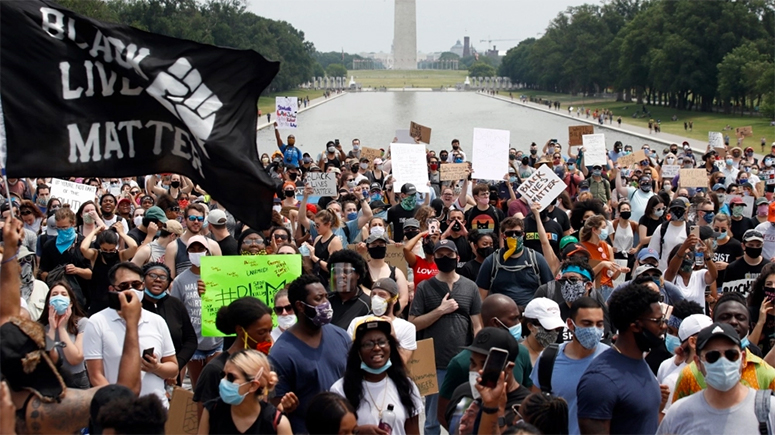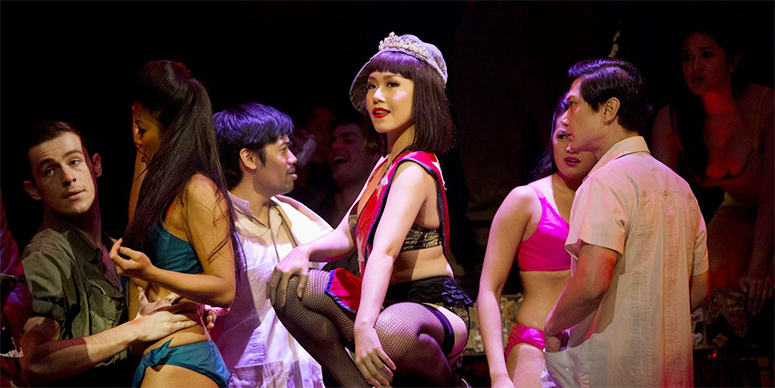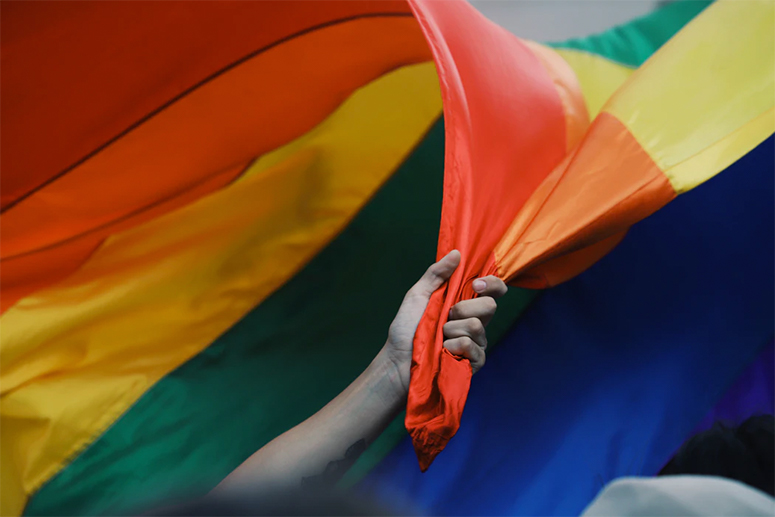The toxic tendencies of Instagram activism
As an avid user of social media, I’ve witnessed friends, family and influencers sharing posts that call for donations to charities, voice their concern for global issues, and suggest ways to tackle injustice online.
When the pandemic began, this type of action became even more common and it is now known as social media activism: a phenomenon where users repost infographics, news updates, petitions, and quotes on their accounts to spread awareness.

With the click of a button, users can repost information as soon as a news outlet or activism account releases it. At the height of the 2020 Black Rights Movement, the proliferation of online outcry and posts denouncing racial hate crimes led to widespread protests and changes — $840 million was cut from US police departments across the country and portions were redirected to education and emergency health sectors. Most recently, the movement, which arguably began with the killing of George Floyd, led to police officer Derek Chauvin being charged on three counts of murder.

Activism posts have also empowered the LGBTQ+ community, giving them a platform to share their stories, spread information on ways to respectfully address LGBTQ+ members, and normalize from a global perspective. Social media activism has also forced society to reevaluate the representation of Asians as hypersexualized or comical caricatures in Western entertainment such as in the popular Broadway musical Miss Saigon and film Breakfast at Tiffany’s.
It was the immense impact of social media activism that made me think about the possible negative effects of something so powerful.

Social media activism encourages a sense of urgency to post that pressures users to hastily educate themselves and form quick judgments. Oftentimes, this leads to users reposting resources from popular activism pages, the same ones that mutual followers share, therefore creating an online echo chamber that inhibits the spread of diverse resources. Online echo chambers can even promote misleading or even completely false posts (such as the Peter Weinberg incident) that can have violent real-life consequences.
What we post has tangible effects, and so it’s important to become properly informed before clicking “share.” In some instances, posting nothing is better than posting something that can feed hate, violence and contradict your cause.
In a post by @key48return, a speech bubble says that “Israelis are the oppressors and Palestinians are the oppressed.” This infographic was shared by popular activism accounts like @dietprada and @impact, and thereafter reposted to every single story on my feed, practically bombarding and drowning out all other posts (including diverse activist voices). Of course, these words contain a bigger truth. Since 1948, Palestinians in the West Bank and Gaza have faced apartheid laws, evictions and military violence. However, imprecise wording paints this conflict as a problem between Israeli and Palestinian citizens. The mechanisms of oppression — legislative, judicial and military — are at the state level, and holding all Israeli and Jewish community members accountable for the actions of the Israeli government is harmful.
As evident from the 222 reports of anti-Semitic violence in the United States within the first two weeks of Israeli-Palestinian fighting, the consequences of such a generalization are destructive. Even after posts saying that “anti-Zionism does not equal anti-semitism” spread to clarify past diction, generalized wording had already contributed to deadly consequences. What we post has tangible effects, and so it’s important to become properly informed before clicking “share.” In some instances, posting nothing is better than posting something that can feed hate, violence and contradict your cause.
Activism accounts’ attempts to stifle hate and prejudice can seem pretty ironic considering how I often see them lash out at their followers on Instagram.
Activism accounts’ attempts to stifle hate and prejudice can seem pretty ironic considering how I often see them lash out at their followers on Instagram. In some posts, so-called activists deem other users performative and reprimand them for posting what they judge are unreliable resources. For example, an infographic by @impact criticized and mocked its non-posting audience by saying, “I don’t pick sides, scream opinions, support a political party, fight or protest, because my privilege protects me from extremes. Apathy is a political stand.” I find that rhetoric such as this can harmfully encourage users to oversimplify political conflicts — quickly “picking a side” rather than gaining a nuanced understanding.

Sometimes, activists seem to pit movements against each other by getting angry at users for not posting as frequently for, say, the Israeli-Palestinian conflict as they did for the 2020 Black Rights Matter movement and the Asian American movement. While this seems to demand a justified outcry and attention for all global conflicts, statements like these pressure uncommitted users into hastily reposting information that their other followers are sharing, encouraging an ironic ignorance. Our identities are inherently more tied to specific movements than others — such as me and my Asian identity alongside the AAPI movement — and while it's great to care for issues that we aren’t directly linked to, it’s pretty impossible to post for every single global issue and unrealistic to expect it.
It’s safe to say that the majority of social media activists are members of Gen Z. As a Gen Z kid myself, I can also say with certainty that our upbringing in the digital age has made us view online reputation as vital towards self-esteem and self-perception. That’s why when posts call users “privileged,” “ignorant” and “apathetic,” it’s no wonder so many of us feel pressured to repost activist content and follow trends — especially when it can be done with a few simple clicks. In a sense, I think the abrasive and passionate force that characterizes social media activism inevitably targets some of the most potent teenage insecurities.
At the end of the day, it’s not our obligation to post. We can’t expect everyone on social media to have the mental capacity to incessantly share diverse resources or spend every minute of their day verifying and researching, especially those of us who have anxiety over posting anything at all in the first place. Pressuring users to post implies that the only type of activism they can do is one that everyone else online can see — that invisible actions such as quietly making donations or creating verbal, rather than digital, discussion are invalid types of activism. Besides, using aggressive language only polarizes those online — since when did shouting at someone to prove them wrong ever meaningfully change a mind?
Photo Art by Joshua Tolentino


